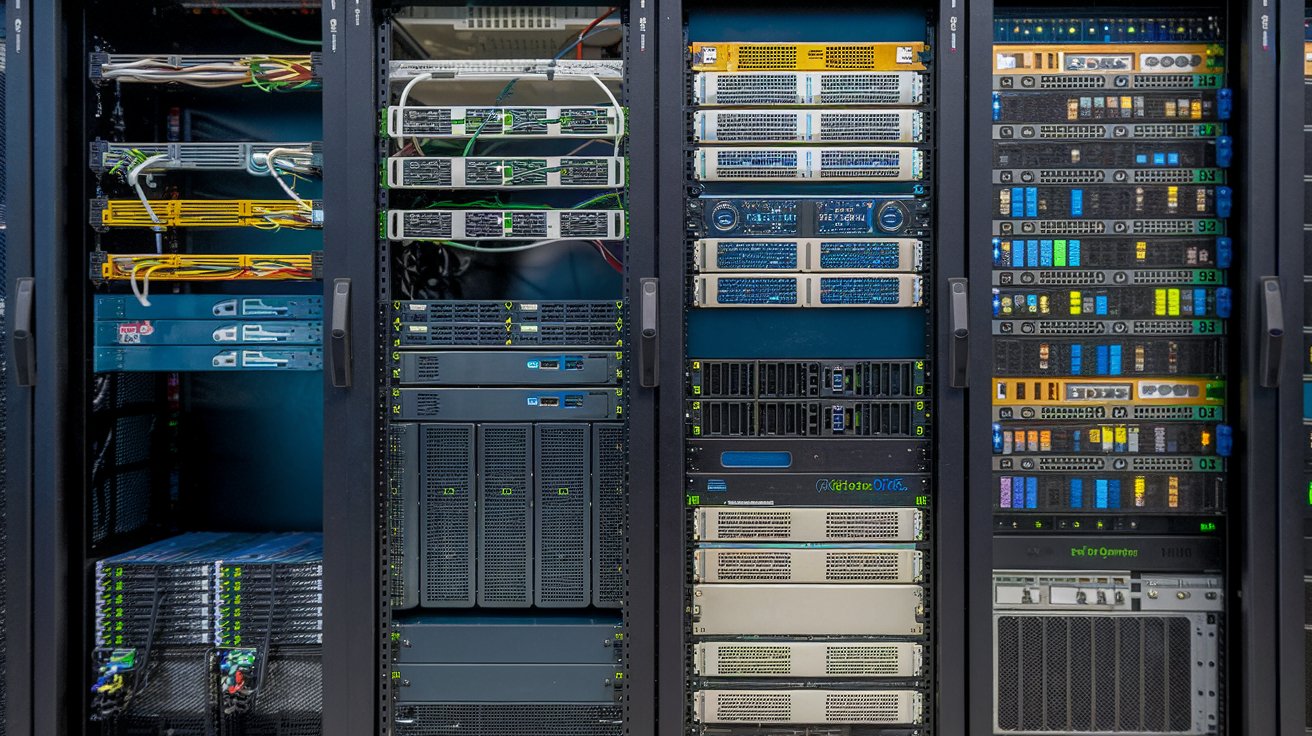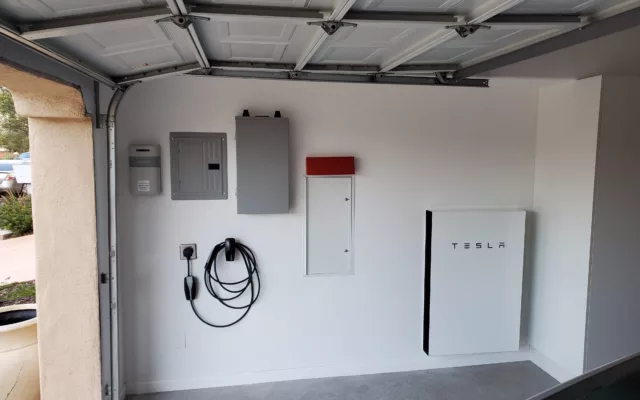Understanding IP Addresses: The Basics and Beyond
In today’s interconnected world, the term “IP address” is frequently mentioned, but what exactly does it entail? Let’s delve into the essentials of IP addresses, their significance, and how businesses can leverage affordable IPv4 lease options to enhance their operations.
What is an IP Address?
An IP (Internet Protocol) address is a unique identifier assigned to each device connected to a network, facilitating communication between devices over the internet. Think of it as a digital address that ensures data reaches the correct destination.
Types of IP Addresses
IP addresses are categorized based on their operational characteristics:
- IPv4 vs. IPv6: The two primary versions of IP addresses. IPv4 uses a 32-bit address scheme allowing for over 4 billion unique addresses, while IPv6 utilizes a 128-bit scheme, accommodating an almost limitless number of addresses.
- Public vs. Private IP Addresses: Public IPs are accessible over the internet, whereas private IPs are used within local networks.
- Static vs. Dynamic IP Addresses: Static IPs remain constant, providing a fixed address, while dynamic IPs are assigned temporarily and can change over time.
The Growing Demand for IPv4 Addresses
With the exponential growth of internet-enabled devices, the pool of available IPv4 addresses has been significantly depleted. This scarcity has led to increased costs and competition for these addresses, posing challenges for businesses requiring additional IP resources.
Affordable IPv4 Lease Options
Purchasing IPv4 addresses can be a substantial investment. However, businesses can explore affordable IPv4 lease options as a cost-effective alternative. Leasing allows organizations to acquire the necessary IP resources without the hefty upfront costs associated with purchasing.
Benefits of Leasing IPv4 Addresses
- Cost Efficiency: Leasing reduces capital expenditure, allowing businesses to allocate resources to other critical areas.
- Scalability: Companies can adjust their leased IP resources based on current needs, ensuring flexibility as they grow.
- Speed: Leasing enables quicker deployment of IP addresses, facilitating faster project rollouts.
Considerations When Leasing IPv4 Addresses
Before entering a lease agreement, it’s essential to:
- Assess Your Needs: Determine the number of IP addresses required and the duration of the lease.
- Choose a Reputable Provider: Partner with a trusted provider to ensure the quality and reputation of the leased IP addresses.
- Understand the Terms: Review the lease agreement thoroughly, paying attention to terms related to renewal, termination, and any associated fees.
- The Pacific Connect Advantage
- Pacific Connect stands out in the IPv4 lease market due to its commitment to providing tailored solutions that meet the unique needs of each business. Whether you are a startup needing a few IP addresses or a large enterprise requiring a more extensive range, Pacific Connect offers flexible leasing options that ensure your business remains competitive.
- Their expertise in the field means that Pacific Connect not only provides IP addresses but also offers guidance and support throughout the leasing process. This comprehensive service helps businesses navigate the complexities of the IPv4 market with confidence, ensuring they secure the best possible solutions.
Conclusion
Understanding the intricacies of IP addresses is crucial in the digital age. For businesses looking to expand their network capabilities without significant financial outlay, exploring affordable IPv4 lease options presents a viable solution. By assessing their needs and partnering with reputable providers, organizations can navigate the challenges of IP address acquisition effectively.
FAQs
- What is the difference between IPv4 and IPv6? IPv4 uses a 32-bit address format, allowing for over 4 billion unique addresses, while IPv6 employs a 128-bit format, offering a vastly larger address space to accommodate the growing number of internet devices.
- Why are IPv4 addresses still in demand despite the existence of IPv6? Many systems and applications are still configured to operate with IPv4. Transitioning to IPv6 requires significant infrastructure changes, leading many organizations to continue utilizing IPv4 addresses.
- Is leasing IPv4 addresses a long-term solution? Leasing provides flexibility and can be a strategic short to medium-term solution. However, organizations should assess their long-term needs and consider transitioning to IPv6 as part of their future planning.
- How can I ensure the leased IPv4 addresses are reputable? Partnering with established and trusted providers helps ensure that the leased IP addresses have a clean history and are not blacklisted.
- Are there risks associated with leasing IP addresses? As with any agreement, it’s essential to understand the terms and conditions fully. Working with reputable providers and conducting due diligence can mitigate potential risks associated with leasing IP addresses.













